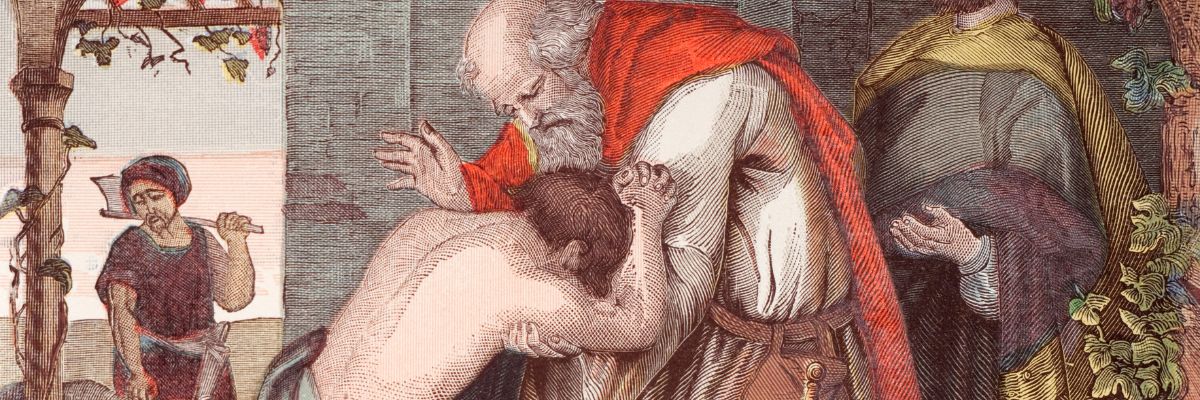Jesus and the Prodigal Son | Focused on Christ Podcast (Luke 15 Explained)
In this episode of Focused on Christ, Pastor Nathan Smith and host Mike Crump dive into Luke 15, unpacking three of Jesus’ most well-known parables—the lost sheep, the lost coin, and the prodigal son. These parables reveal the heart of God: His relentless pursuit of the lost, the scandal of His grace, and the joy in heaven when sinners repent.
We explore questions like:
Why did Jesus eat with tax collectors and sinners?
What does the parable of the prodigal son teach us about grace and forgiveness?
How do the father’s actions foreshadow the work of Christ on the cross?
Why did the Pharisees—and the older brother—struggle with God’s grace?
This conversation will challenge the self-righteous, encourage the broken, and remind us all of the beauty of the gospel.
Scripture: Luke 15 – The Lost Sheep, The Lost Coin, The Prodigal Son
Discussion Questions
- In the sermon, we hear that Jesus eating with sinners was scandalous in Jewish culture. How might we unintentionally create barriers that keep people from approaching Jesus today?
- The pastor mentions that people weren’t flocking to Jesus because He condoned their sin, but because He offered reconciliation with God. How does this challenge our approach to sharing the gospel?
- In the parable of the lost sheep, the shepherd leaves the 99 to find the one. What does this teach us about God’s priorities, and how should it shape our church’s priorities?
- The prodigal son’s request for his inheritance was essentially saying, ‘I wish you were dead.’ How does this help us understand the depth of our own rebellion against God?
- When the father runs to embrace his returning son, he takes the shame upon himself. How does this foreshadow what Jesus did for us on the cross?
- The older brother couldn’t celebrate his brother’s return because he was focused on his own worthiness. In what ways do you sometimes act like the older brother in your relationship with God or others?
- Pastor Nathan describes the church as being called to be ‘seeker intentional’ rather than ‘seeker sensitive.’ What’s the difference, and what might this look like in practice?
- The sermon concludes with the idea that the Pharisees (represented by the older brother) ultimately ‘killed the father’ because they couldn’t accept grace. How do we sometimes resist God’s grace in our own lives?
